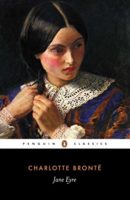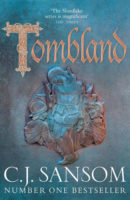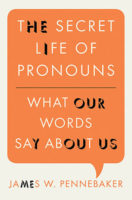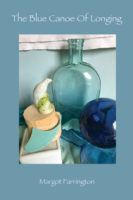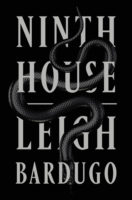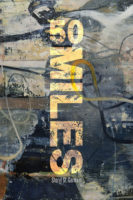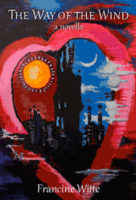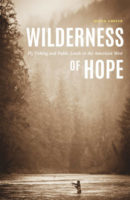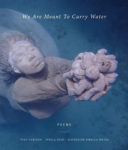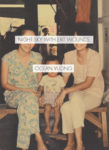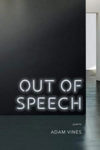Guest Post by Eliza Mimski
When I go through troubling times, I often reread certain chapters in Charlotte Brontë’s Jane Eyre. It’s the part starting in Chapter 27 where Jane knows that she can’t morally stay at Thornfield Hall any longer and that in order to be true to herself she must leave Mr. Rochester. On her sad voyage away from him, she loses her money and is homeless and starving and yet her connection to nature and to her God is at its strongest. She carries on, not knowing that she will soon happen upon her long-lost relatives and will later reconnect with Mr. Rochester.
What Jane, or Charlotte Brontë, does for me here is to remind me that when I’m in the middle of a crisis I need to remember to connect to my spirituality in a big way, and also to remember that no matter how bad the situation seems, the future can bring change and that I won’t stay stuck forever. To place this in the present situation, it is necessary for me to remember that the suffering brought about by the pandemic will end.
Jane Eyre by Charlotte Brontë. October 1847.
Reviewer bio: I live in San Francisco, California, and am doing my best, like the rest of you, to stay healthy during the pandemic. Find my website here.

